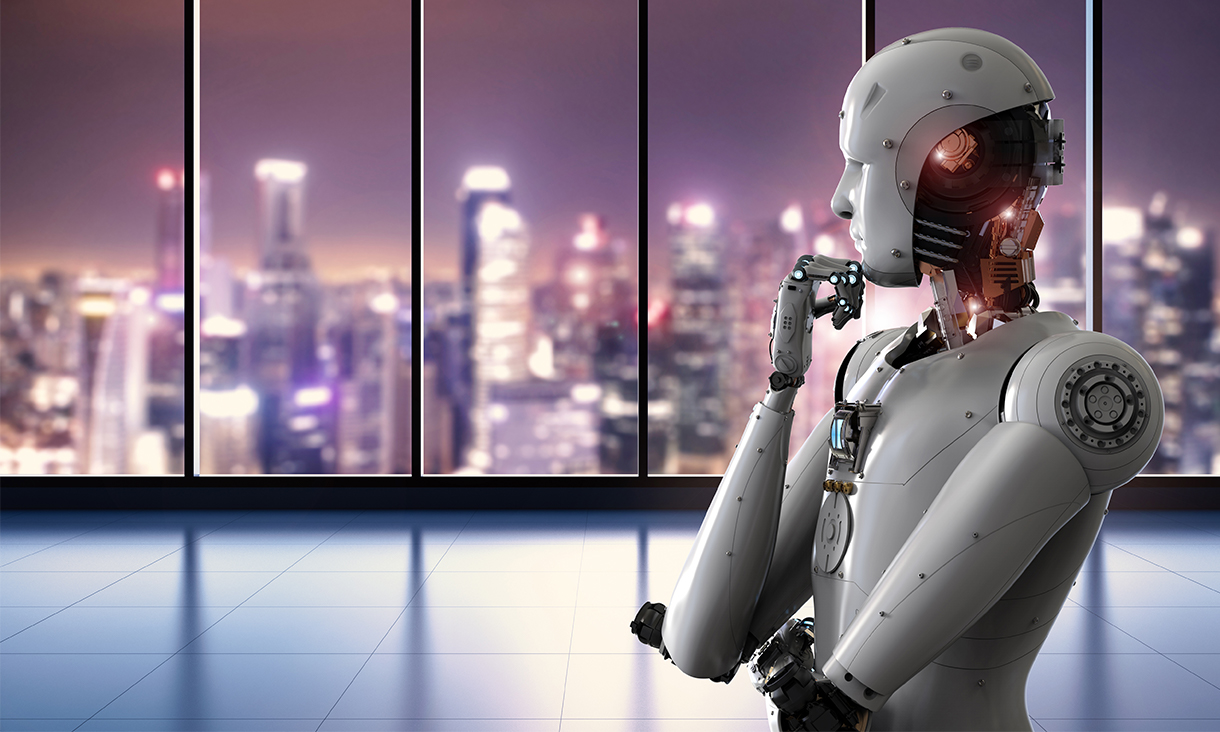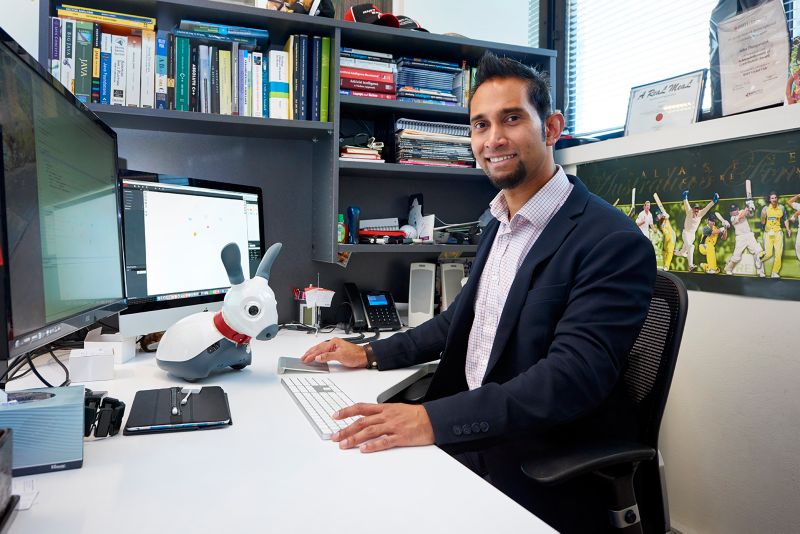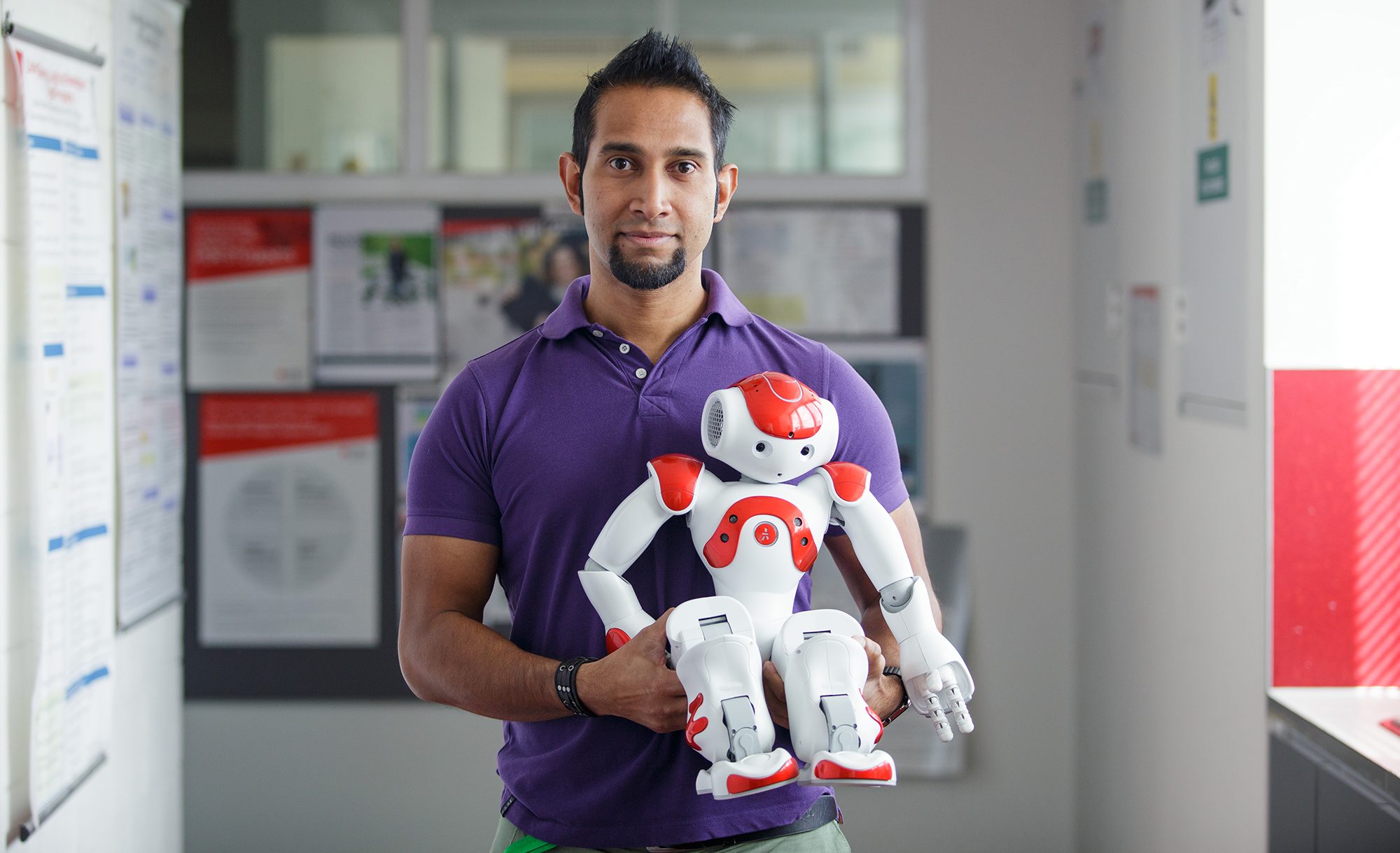
How AI is about to change your life
Time-travelling machines that alter the future may provide good box office, but the reality is just as compelling. As quickly as tech disrupters emerge the future adjusts. In fact, the impact of AI promises to shake up the future of every industry, from health to agriculture.
Time-travelling machines that alter the future may provide good box office, but the reality is just as compelling. As quickly as tech disrupters emerge the future adjusts. In fact, the impact of AI promises to shake up the future of every industry, from health to agriculture.





